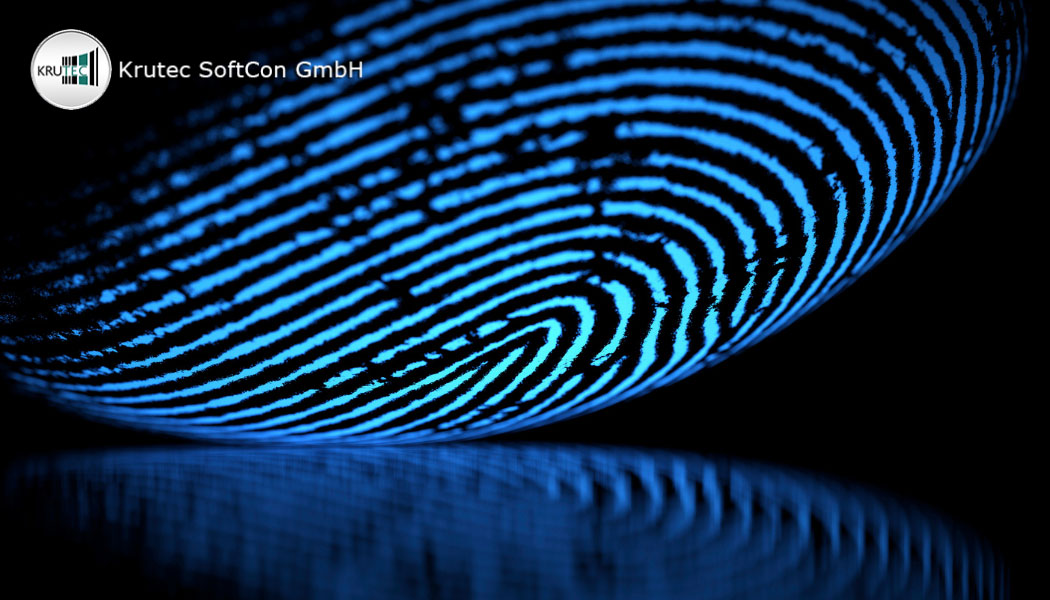
Efficient working time control with fingerprint time recording
Time recording in the workplace has developed significantly as a result of technological progress. Fingerprint time recording in particular is now regarded as one of the most modern and efficient methods of documenting working times. It not only offers convenience and security, but also fulfills the requirements of time recording, which is mandatory in many industries due to legal regulations.
What is fingerprint time recording?
Fingerprint time recording is based on biometric data. Employees register their working hours by placing their fingerprint on a special scanner. The system clearly recognizes the fingerprint and assigns the recorded data to the respective person. Compared to traditional methods such as time clocks or handwritten lists, fingerprint technology offers significantly greater security against tampering.
Why is time recording mandatory?
Due to rulings such as that of the European Court of Justice (ECJ) on working time recording, companies are increasingly obliged to document their employees' working times precisely and reliably. Digital time recording, especially with fingerprint technology, meets these requirements as it is seamless and tamper-proof. Employers thus avoid legal problems and ensure that working time laws are complied with.
Advantages of fingerprint time recording
- Tamper-proof: Fingerprints are unique and cannot be forged, minimizing the risk of incorrect bookings or fraud.
- Time saving: Employees can record their working times quickly and easily. This reduces administrative work.
- Integration into digital systems: Modern systems for time recording with fingerprints can be easily integrated into existing company software.
- Compliance with legal requirements: With fingerprint time recording, companies fulfill the requirements of time recording as a legal obligation, without additional effort.
How does digital time recording with fingerprints work?
Digital time recording via fingerprint is simple and intuitive. Each employee is registered once in the system and their fingerprint is stored securely and encrypted. When starting or finishing work, the employee places their finger on the scanner and the times are recorded automatically. The recorded data can be evaluated in real time and forwarded to the HR department or payroll department if required.
Challenges with fingerprint time recording
Data protection is a frequently discussed issue with fingerprint time recording. Biometric data is considered particularly sensitive. However, modern systems place the highest value on security: the fingerprints are not stored as an image, but as an encrypted algorithm. This means that misuse is practically impossible. Nevertheless, companies should ensure that they obtain the consent of their employees and that the data is processed in accordance with the GDPR.
Fingerprint time recording is a milestone in working time recording. It combines the advantages of digital time recording with the security aspects of biometric technologies and at the same time fulfills the requirements of the time recording obligation. It is a forward-looking solution for companies that focus on efficiency, security and legal compliance.
